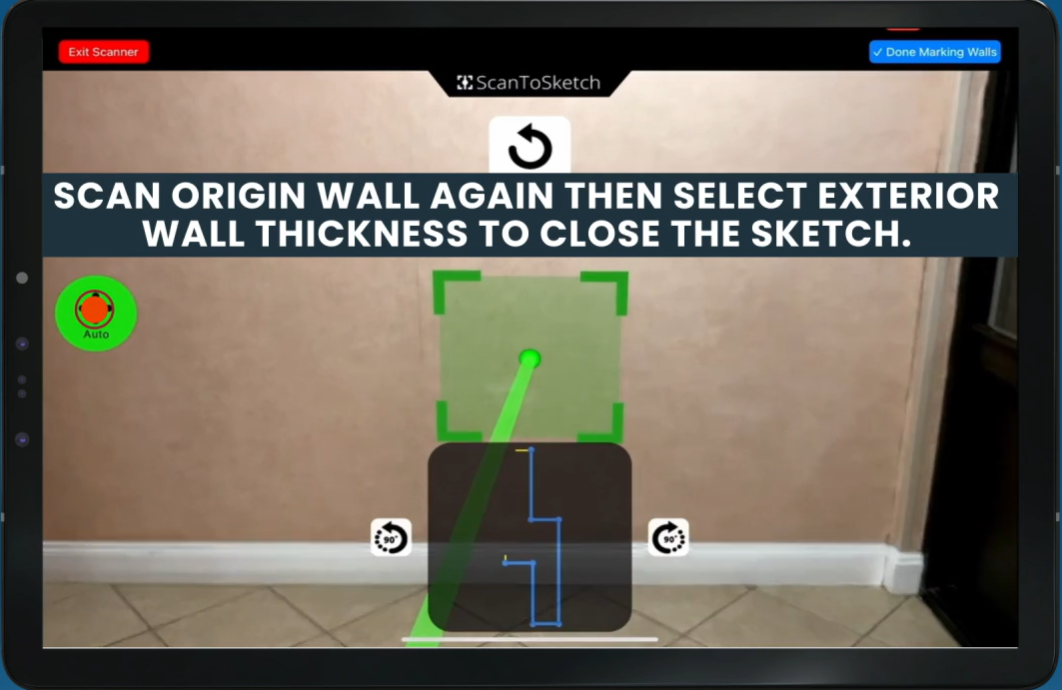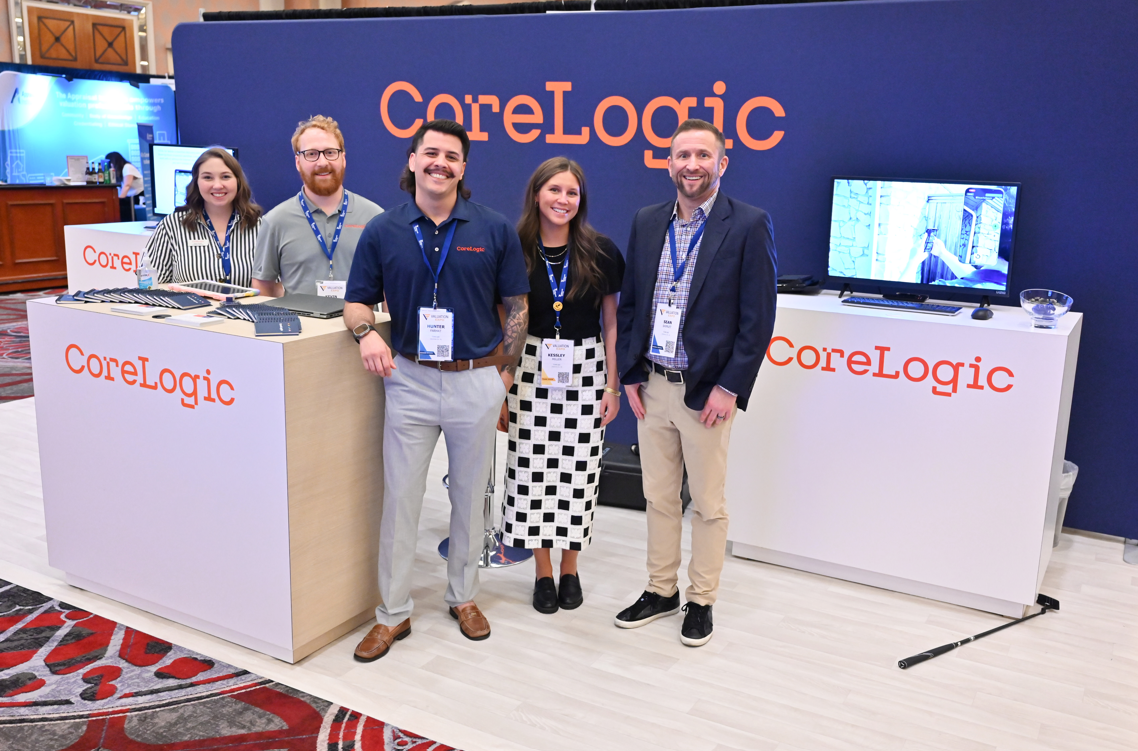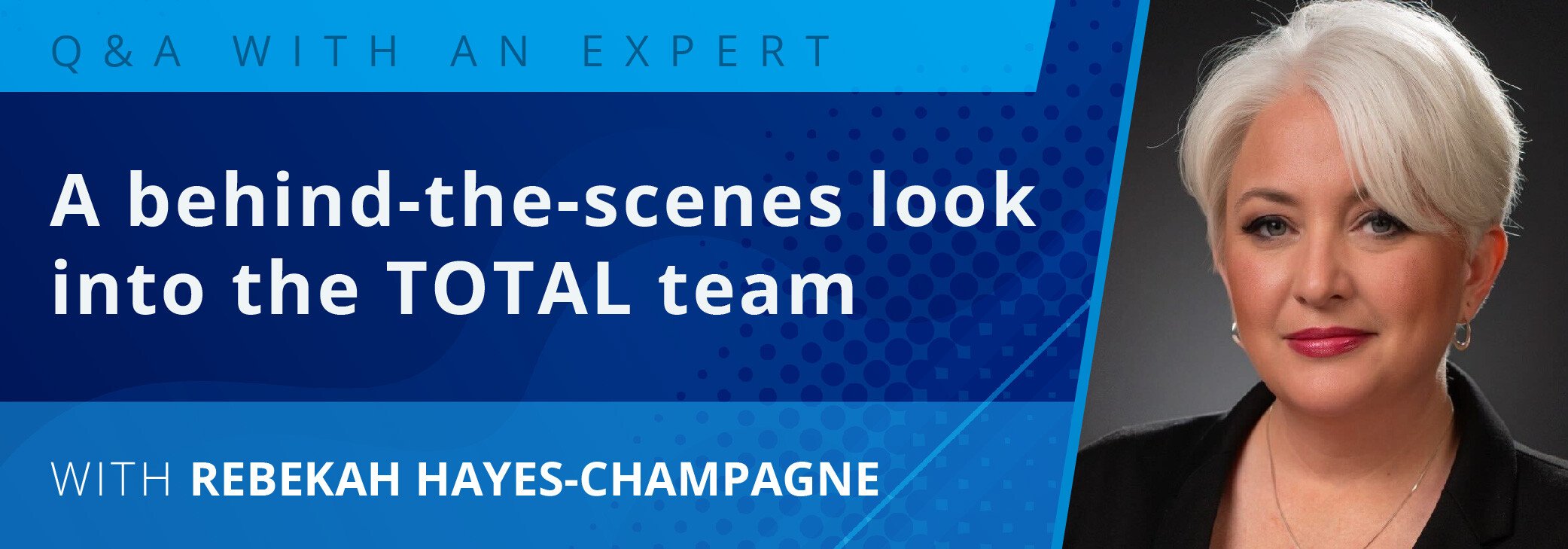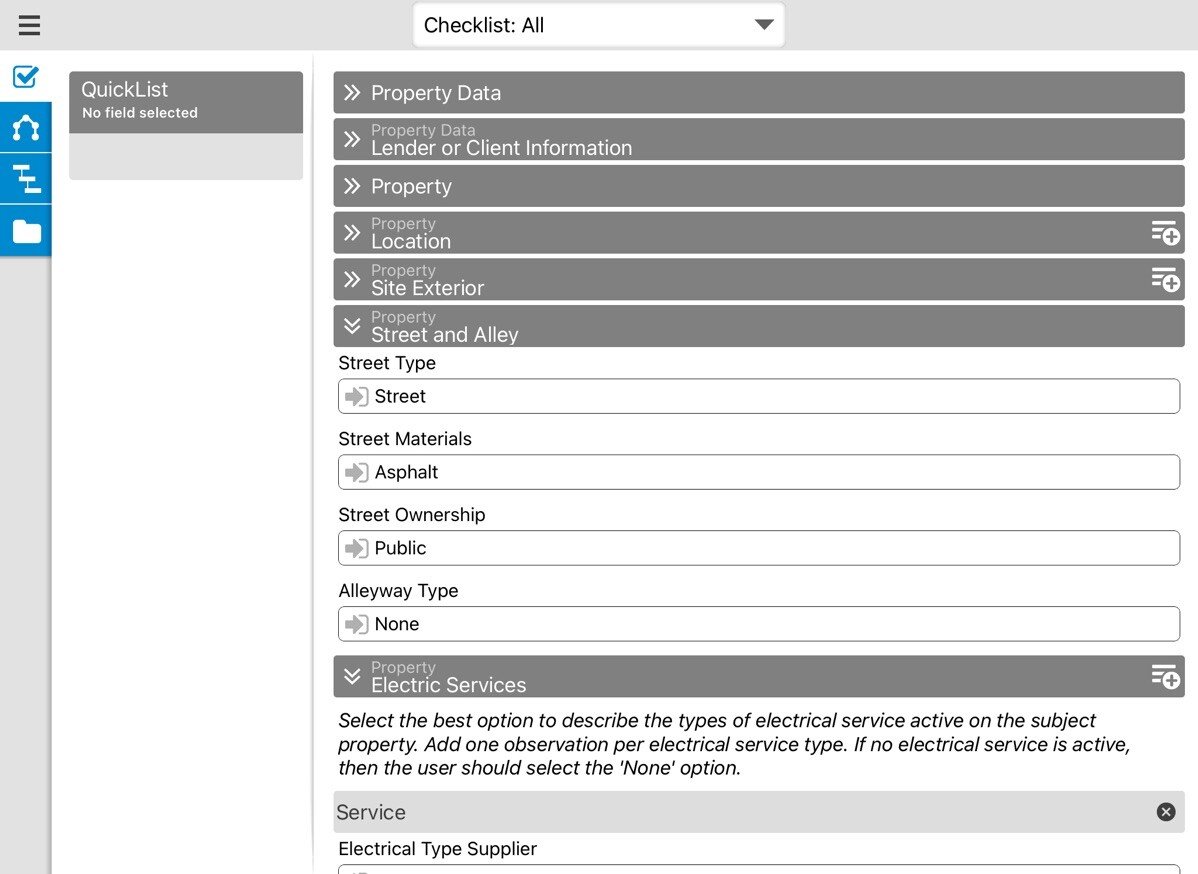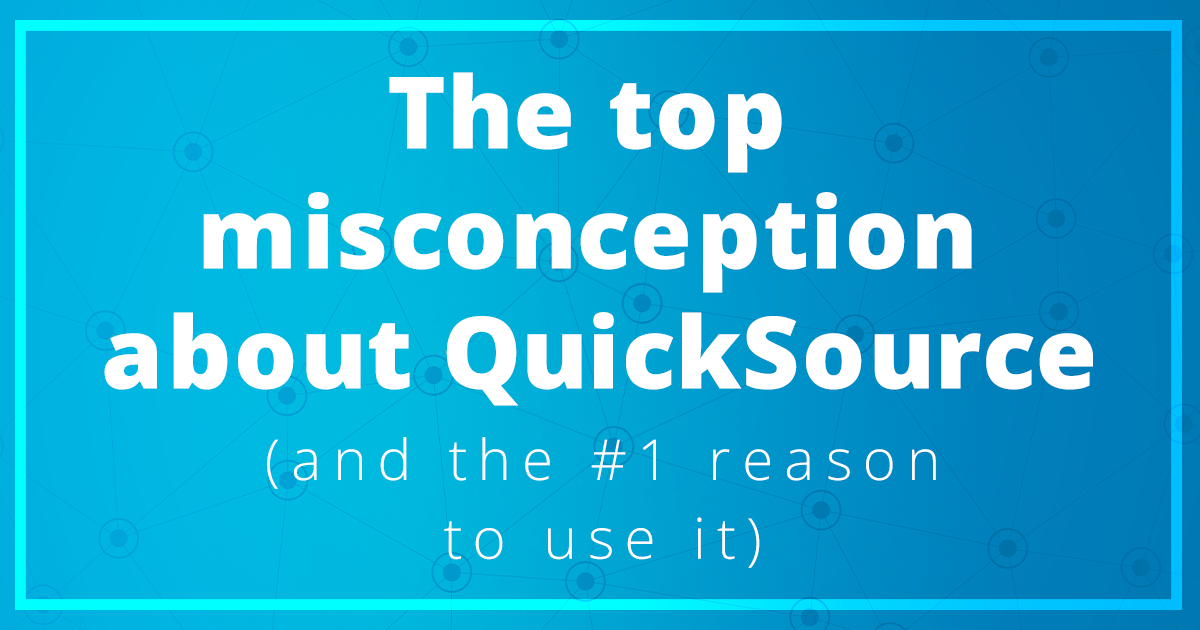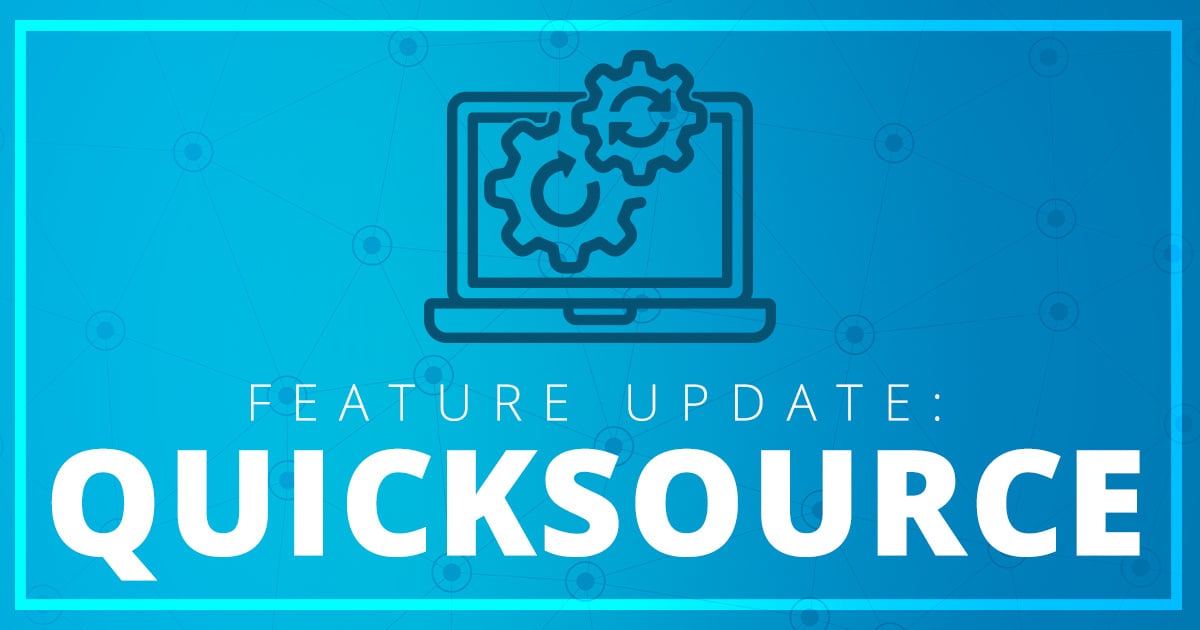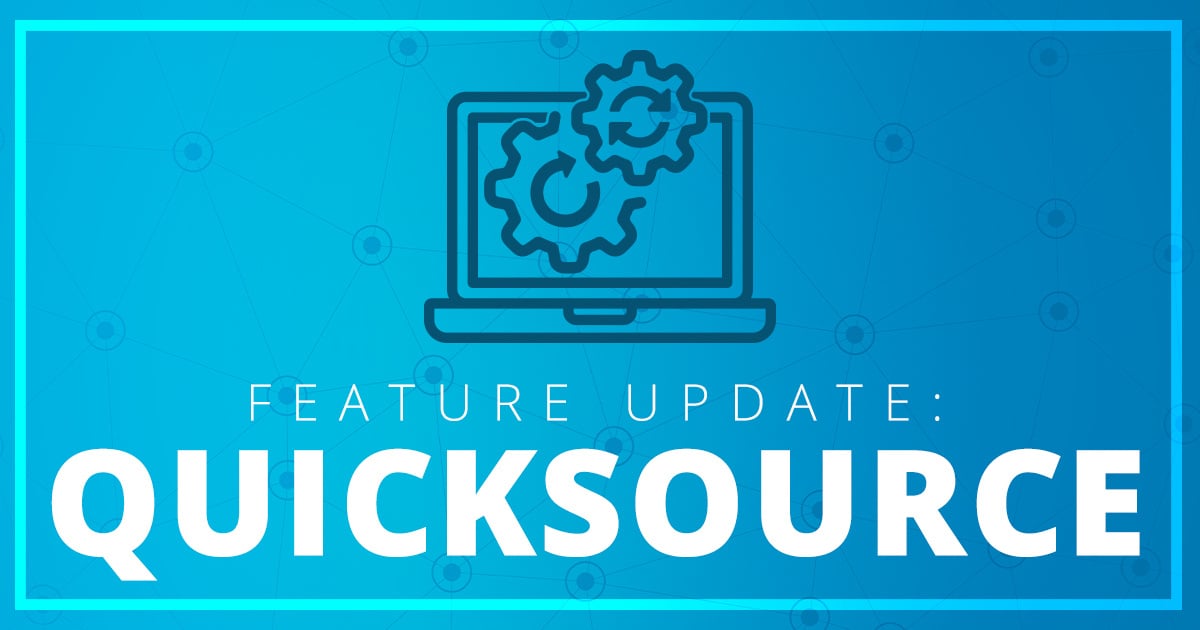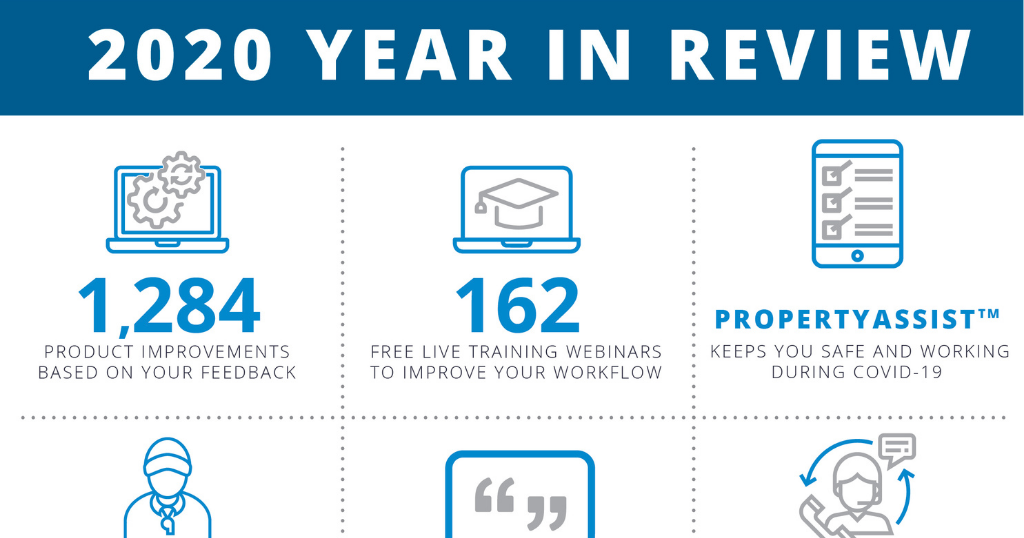Reverse mortgages haven't really caught on. But they're bound to. And since every one requires a full appraisal from a professional with certain skills and credentials, it's a huge potential source of business for the right appraiser.
A reverse mortgage lets homeowners aged 62 or older convert the equity in their homes into regular monthly payments (or a line of credit, or both) for as long as they use the home as their primary residence. The loan is not repaid until then, using proceeds from the home's sale or refinance if necessary.
Reverse mortgages, or Home Equity Conversion Mortgages (HECMs), as HUD calls them, can only be done through the FHA. The FHA requires a URAR from one of its approved appraisers as part of the loan process. Why haven't reverse mortgages caught on? There are a few reasons.
- They're complicated. One estimate says a reverse mortgage requires three times as much paperwork as a purchase mortgage.
- They're counterintuitive. Reverse mortgages are a terrific innovation, but they're a concept that's hard to grasp. It's understandable that reverse mortgages aren't the first thing seniors think of as an income source.
- Their target borrower is often debt-averse. Many of today's seniors celebrated the day they paid off their one and only 30-year mortgage, have always paid cash for vehicles, avoid credit cards and generally don't like borrowing money.
All that said, the pool of eligible borrowers, that is, homeowners 62 year olds and older, isn't getting smaller, it's getting a lot bigger. And as it grows it's growing with less debt-averse people. Loans are getting ever so slightly less complicated. The House of Representatives recently passed a bill that would simplify and expand the HECM program (the Senate has yet to schedule hearings).
In this expanding environment more and more banks are lining up to offer reverse mortgages, and more and more appraisers are being called on to help, at their full fee for a URAR. Reverse mortgage volume is up 85 percent over last year, according to the National Reverse Mortgage Lenders Association (NRMLA).
The technical differences between an FHA appraisal for a purchase mortgage and a reverse mortgage are important, but relatively minor. For example, you never reject a property. If repairs are estimated to cost more than 30 percent of the maximum FHA claim amount, you refer the case to the Valuation Branch of the local HUD office.
The real difference, and the real way to differentiate yourself as a reverse mortgage appraiser, is that HECMs are high-touch. Successful reverse mortgage lenders will take a "consultative, not transactional, approach to business," according to one expert. That means:
- A professional appearance and demeanor when interacting with a HECM homeowner will be valued by your client.
- Patience is a virtue. Thankfully, these aren't assembly-line, high volume loans.
- Being thorough in recommending and estimating repairs is a plus, not a negative as is too often the case in the meat market of purchase and refi appraisals.
The great part is that your client will not be rooting for the highest value possible, with all that usually entails. An appraisal in a reverse mortgage even more than a purchase mortgage needs to give a lender confidence that the asset will be enough to repay the loan at the end of the term. Contrast with a purchase mortgage, when at the end of the term the lender won't care what the house is worth anymore.
There's another fundamental difference where a bank will be making payments instead of receiving them. If a borrower in a purchase mortgage makes all their monthly payments on time, the bank never cares what they do with the house, what the house is worth or anything else. They only care if there is a default.
With reverse mortgages, it's a different story. According to federal law, the amount due at the end of a reverse mortgage loan, including advanced payments plus accrued interest, can never exceed the value of the house. There's no incentive to "hit a number" – lenders want to know with as much confidence as possible what they can expect to be repaid.
For their part, borrowers will most often not be trying to squeeze out all the equity they can, they'll just be after supplemental income or a way to help defray other costs, like healthcare. In short, both your client and their borrower will be relying on your judgment and valuation expertise. Remember when all your work used to be that way?
Learn more about reverse mortgages from HUD's website by clicking here. There you'll find a link to specific HECM appraisal requirements. A list of lenders who offer reverse mortgages – and who belong to the NRMLA – can be found by clicking here and selecting your state. The lenders come complete with contact persons, phone numbers and e-mails.



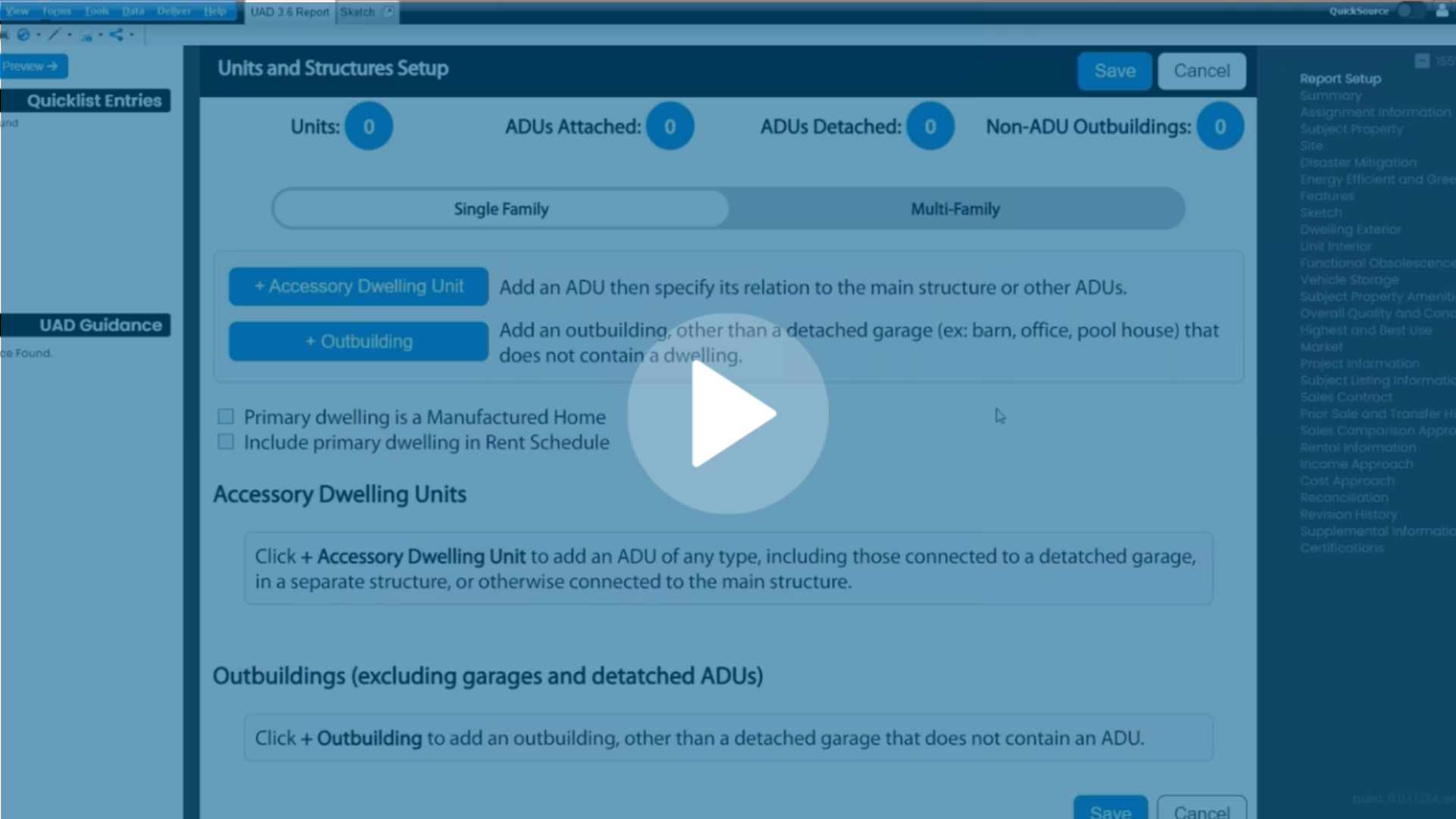
.png)

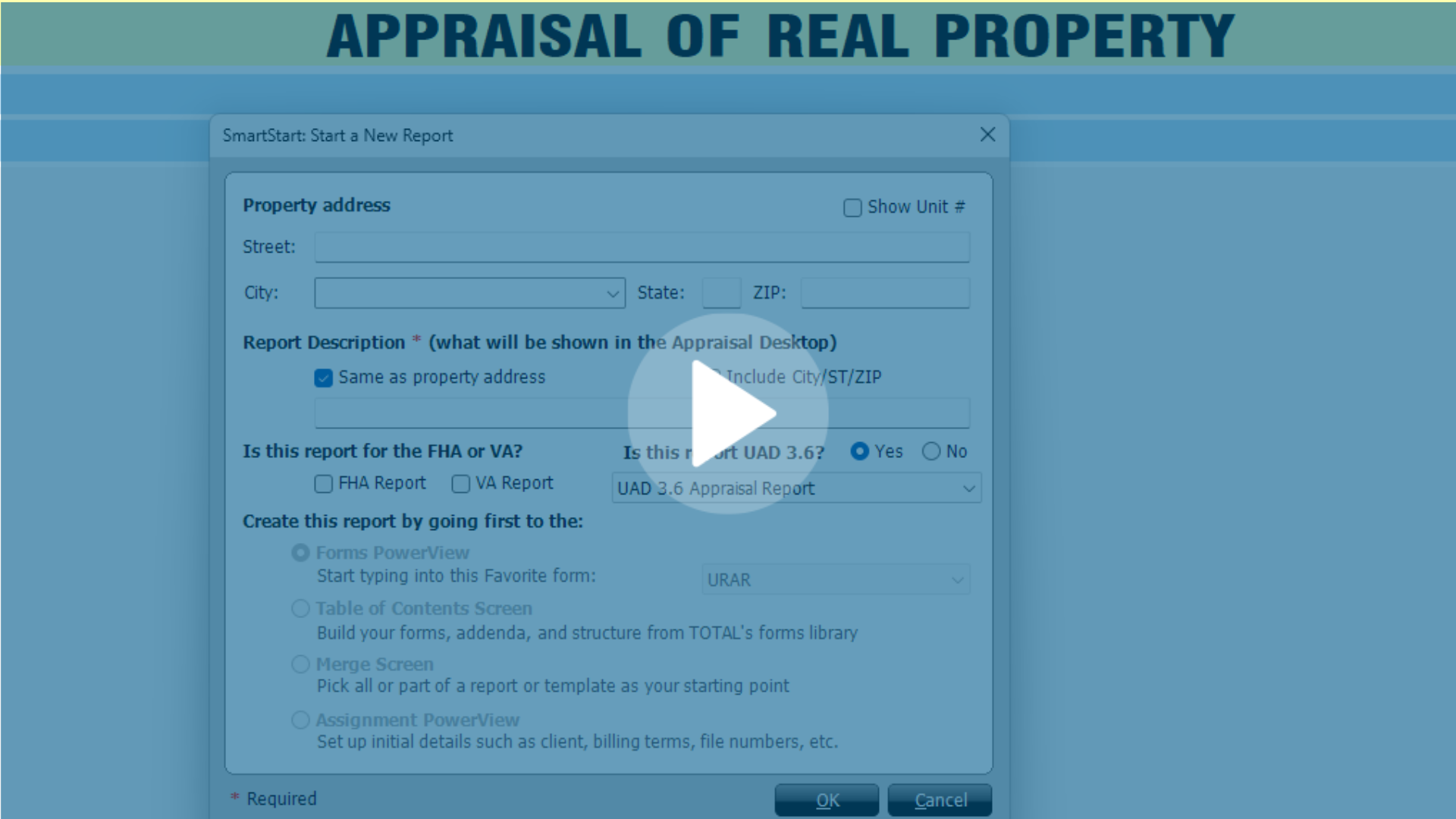


.png)
-1.png)
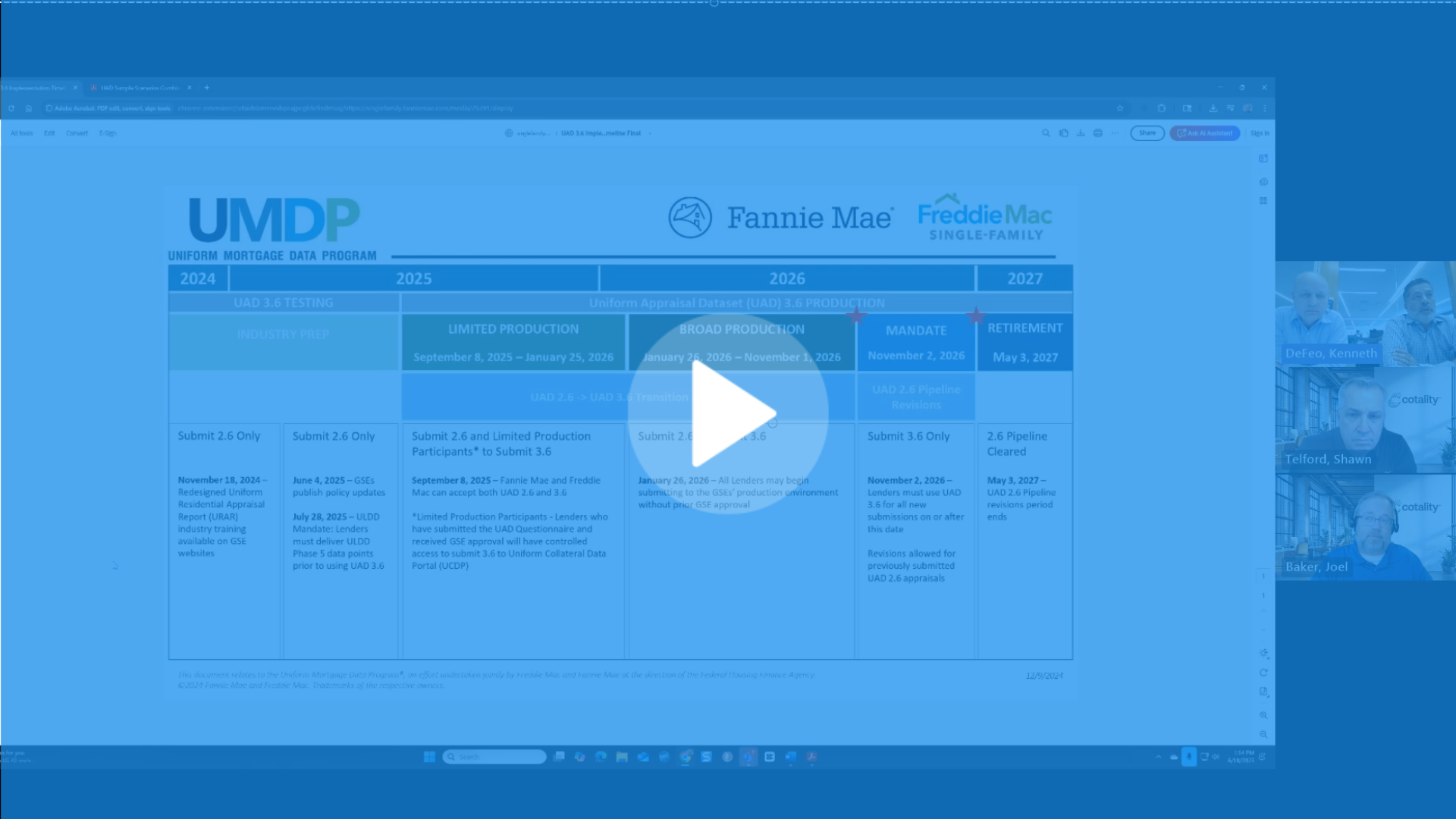
.png)
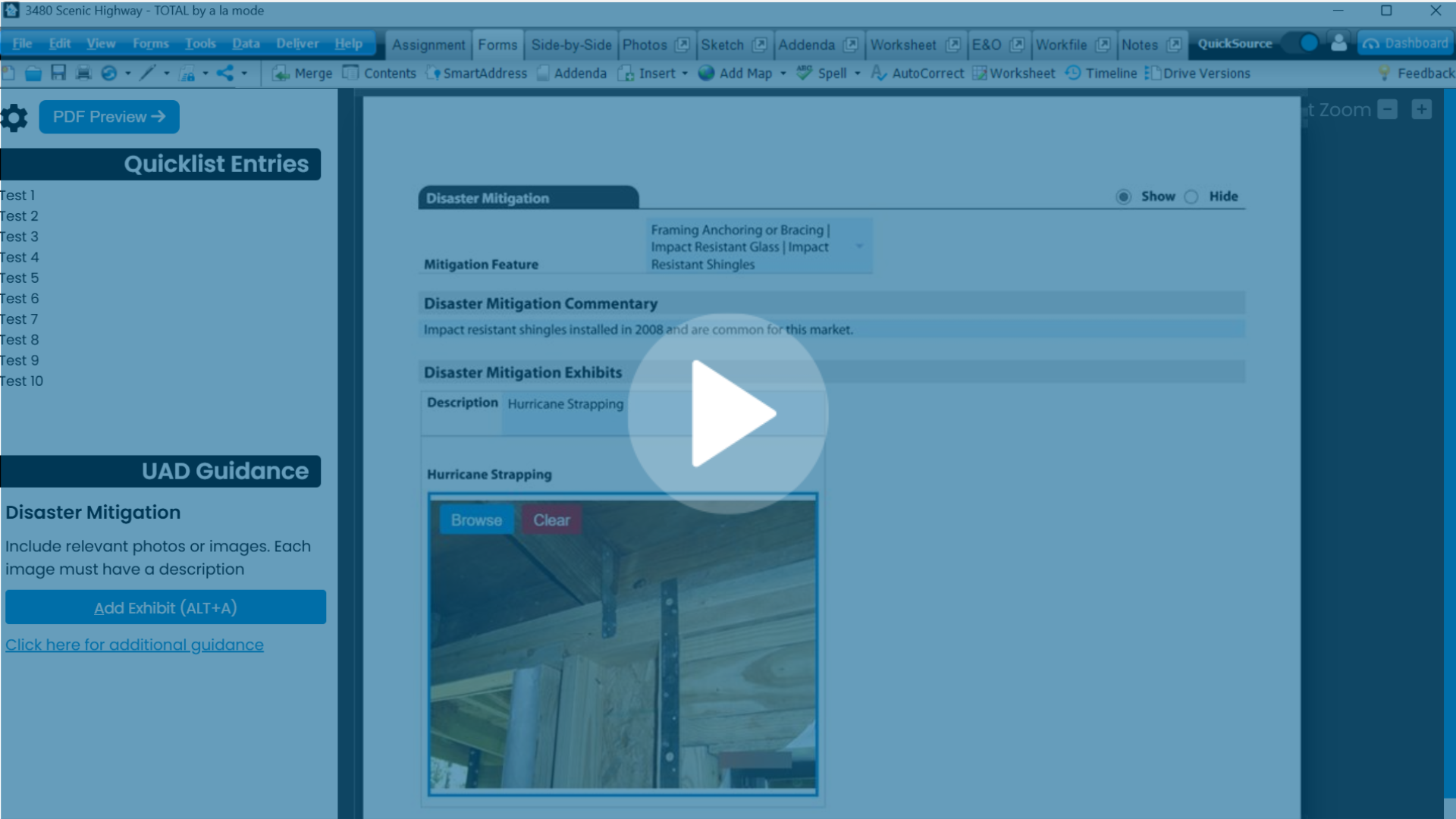
.png)
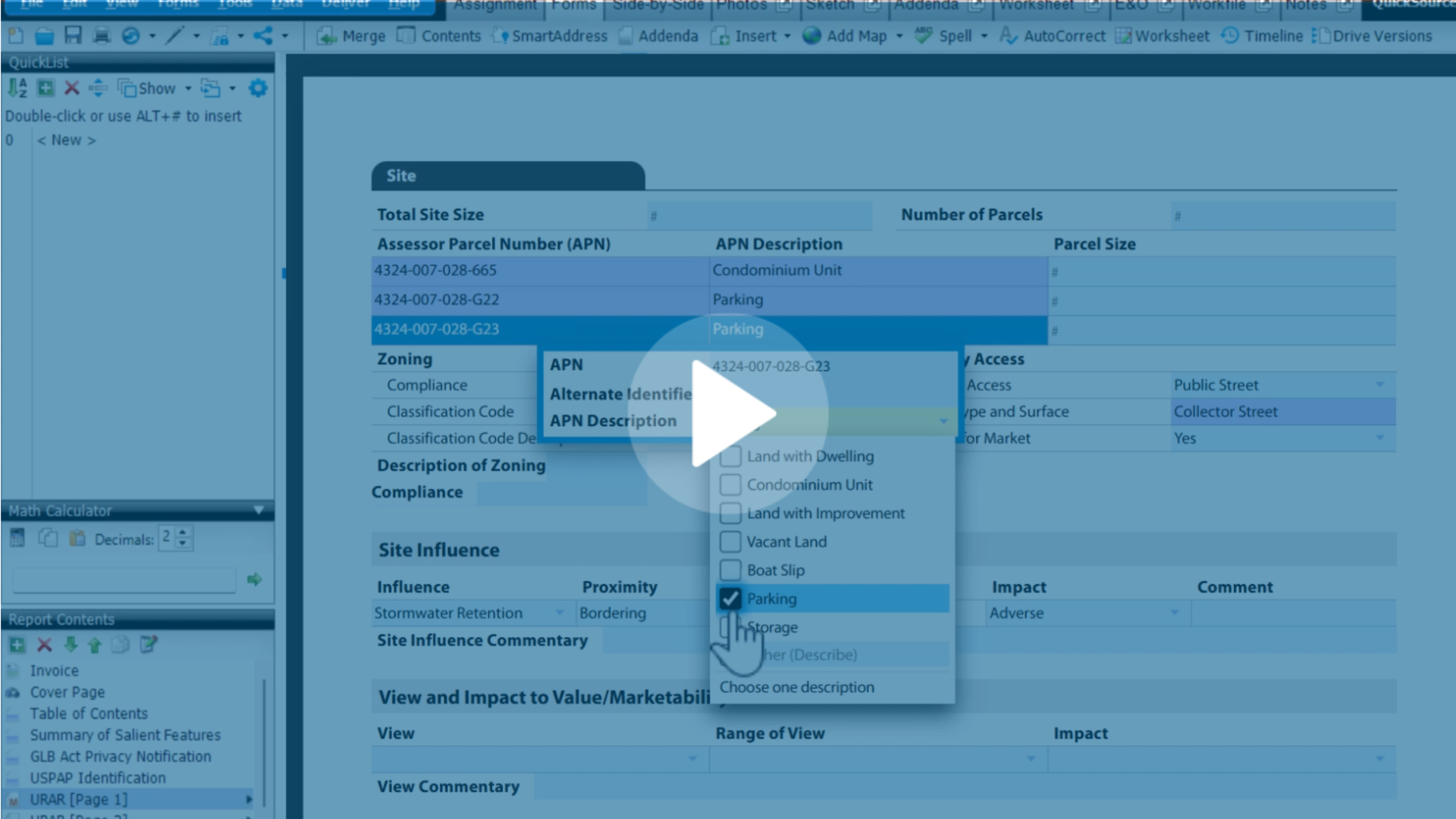
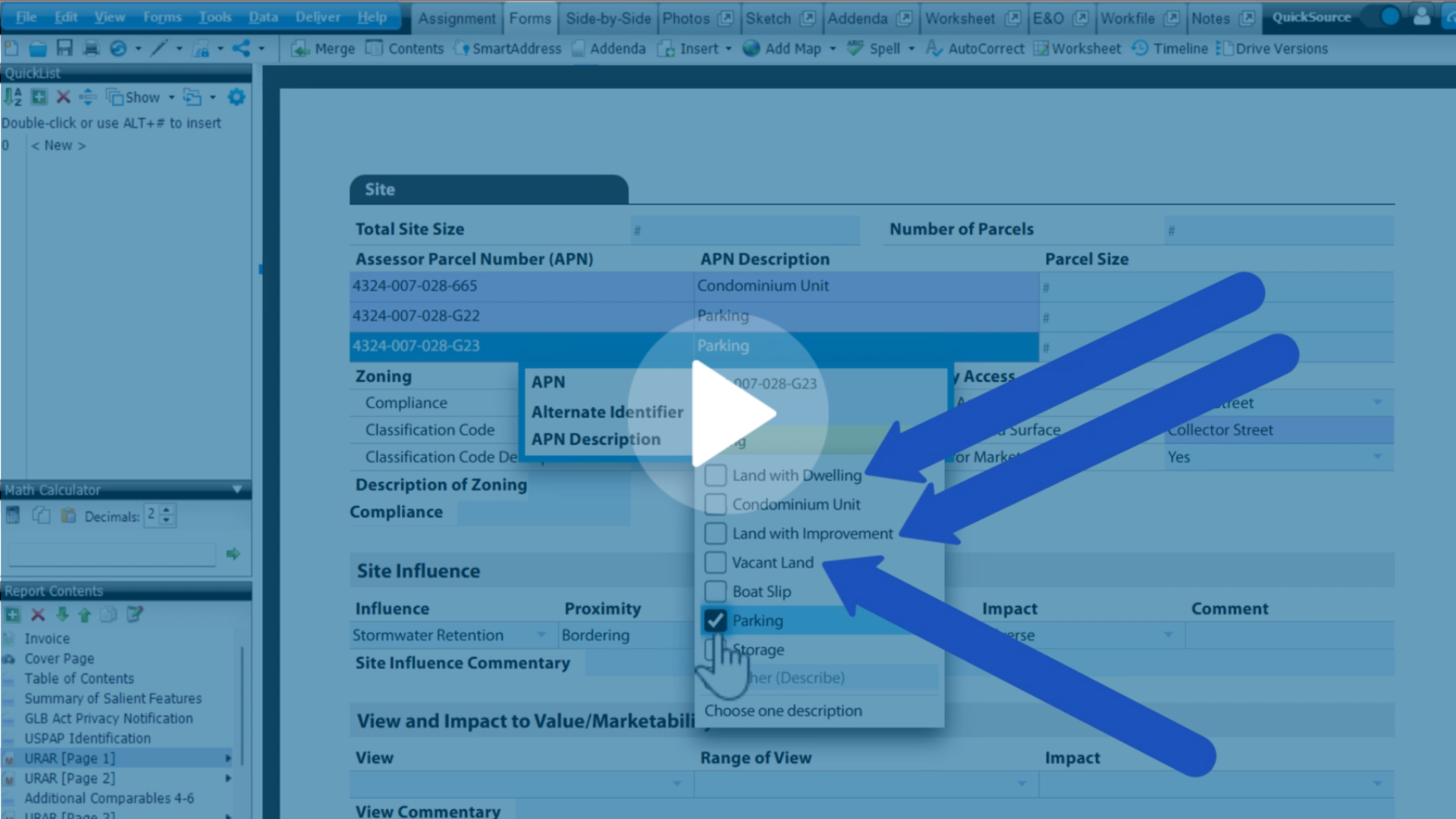
.png)
.png)
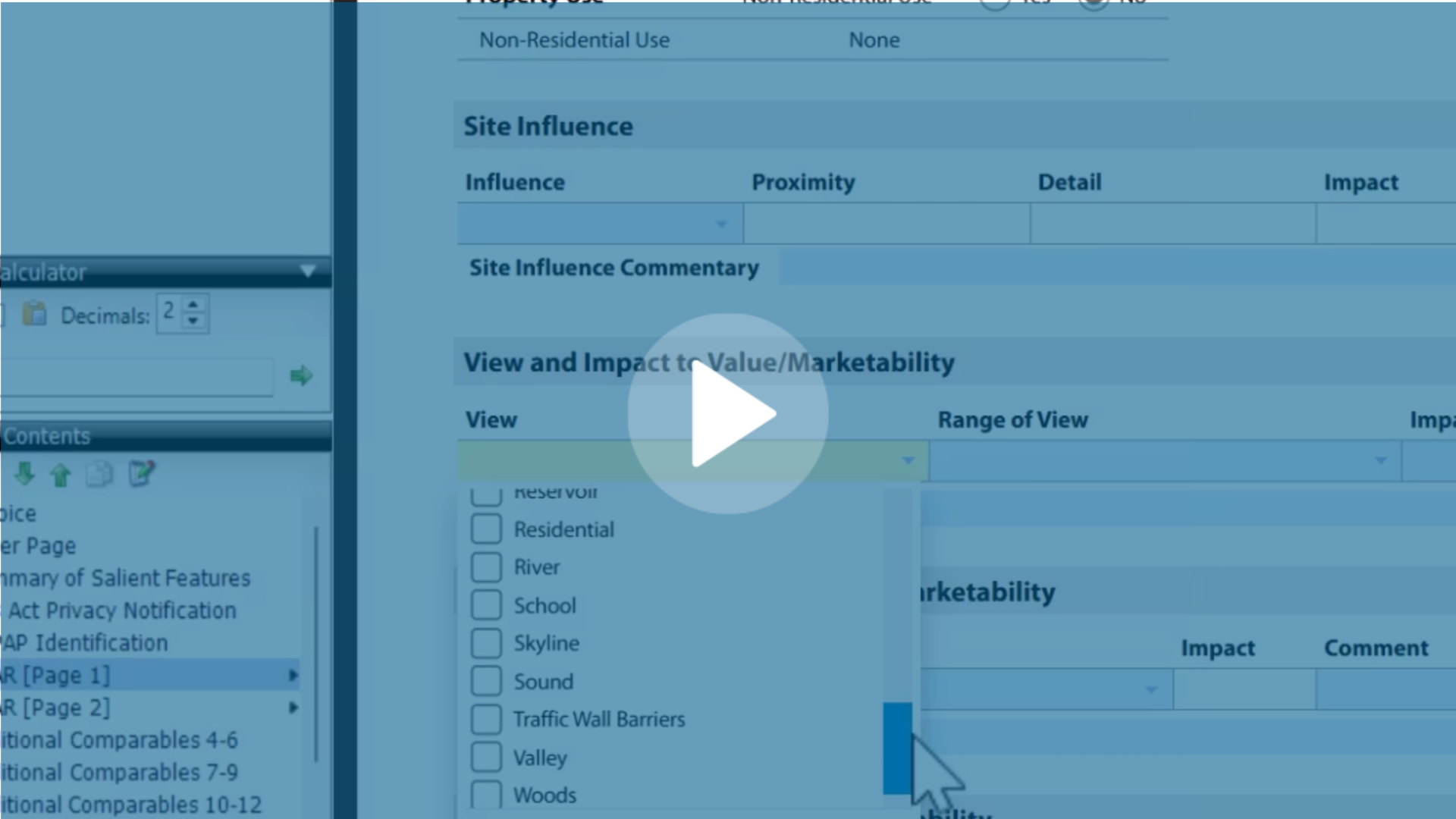
.jpg)
.png)
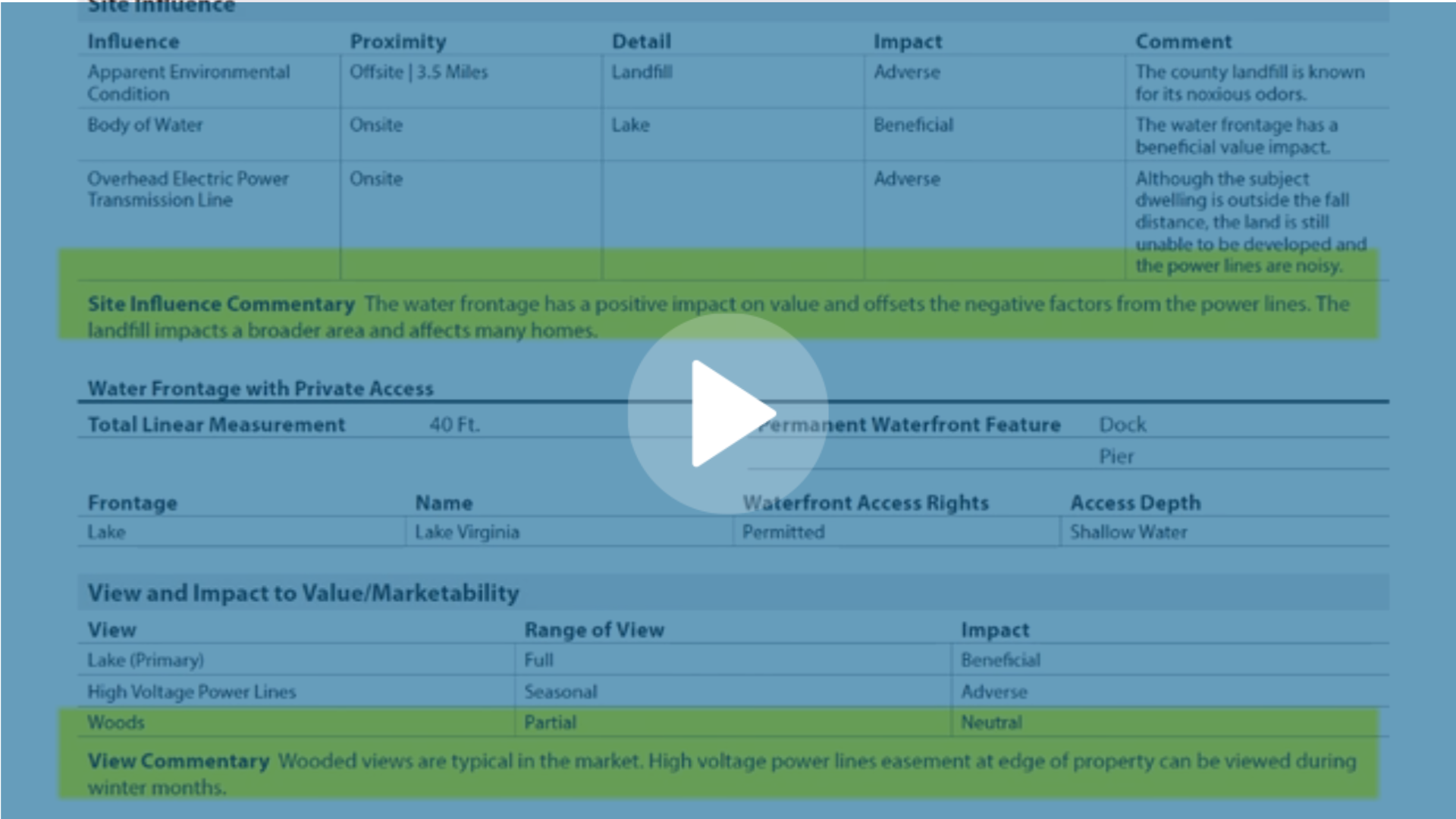
-1.png)



